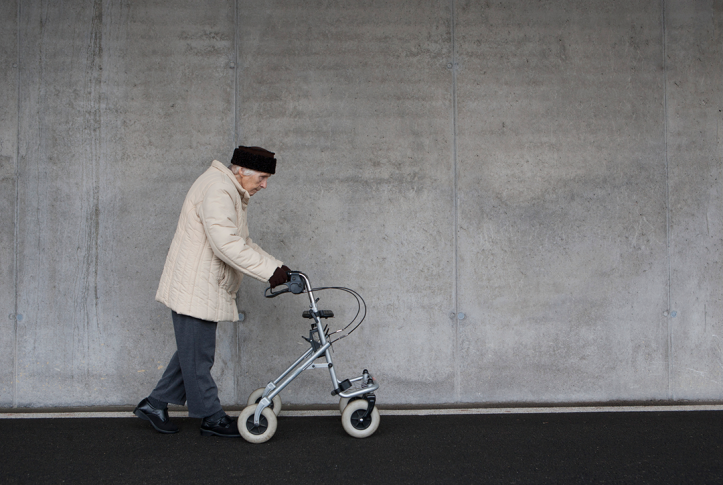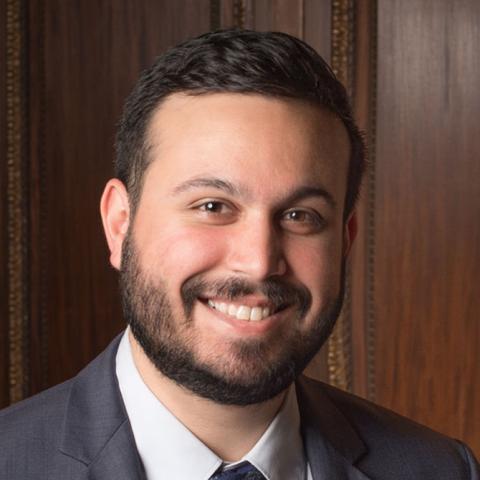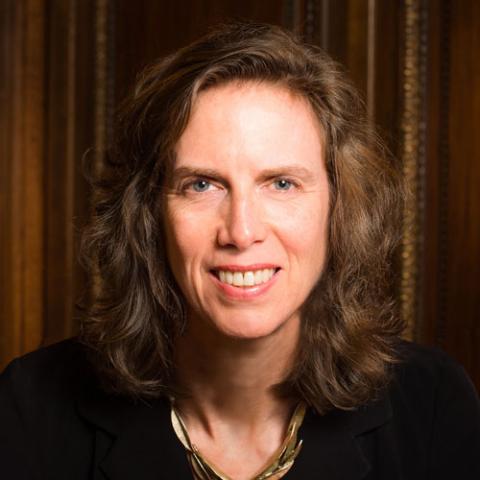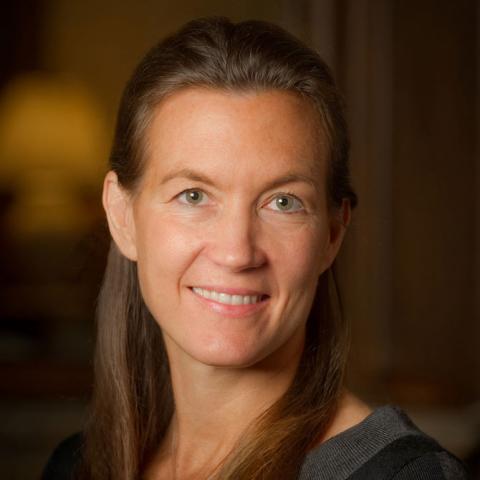Since its inception, Medicare has helped to cover the costs of health care — and safeguard the financial security — of people age 65 and older. Adults who are nearing Medicare eligibility (i.e., those ages 60 to 64) receive coverage through their employer (58%), purchase coverage through the marketplaces or individual market (11%), have Medicaid (11%), or qualify for Medicare because of a disability, end-stage renal failure, or amyotrophic lateral sclerosis (10%). About 8 percent are uninsured.1
Medicare has relatively high cost sharing and does not cover dental, hearing, vision, and long-term care; people are required to pay the full cost of services not covered. For adults who are not eligible for Medicare, the Affordable Care Act (ACA) has greatly improved coverage, but many adults who purchase plans in the marketplace or the individual market, as well as those in employer plans, can face significant cost sharing and gaps in coverage, including lack of coverage for dental services.
To assess the affordability of health care for older adults, we examined data collected in the United States from the Commonwealth Fund’s 2021 International Health Policy Survey of Older Adults. We analyzed a sample population of 1,487 adults age 65 and older who live in the community (excluding those in long-term care facilities) who reported having Medicare coverage (i.e., traditional Medicare or Medicare Advantage) and 208 adults between the ages of 60 and 64 with some source of insurance coverage. People 60 to 64 with Medicare were excluded to compare Medicare coverage for those 65 and older to those under 65 with non-Medicare coverage. The survey did not have sufficient numbers of people ages 60 to 64 without insurance to reliably analyze the group separately. The survey was conducted between March and May 2021.
A significantly larger share of adults 60 to 64 had high out-of-pocket costs, paying $2,000 or more yearly for health care, compared with adults 65 and older on Medicare. To put this into context, $2,000 comprises about 6 percent of the median income of people 65 and older and about 5 percent of median income for those 60 to 64.
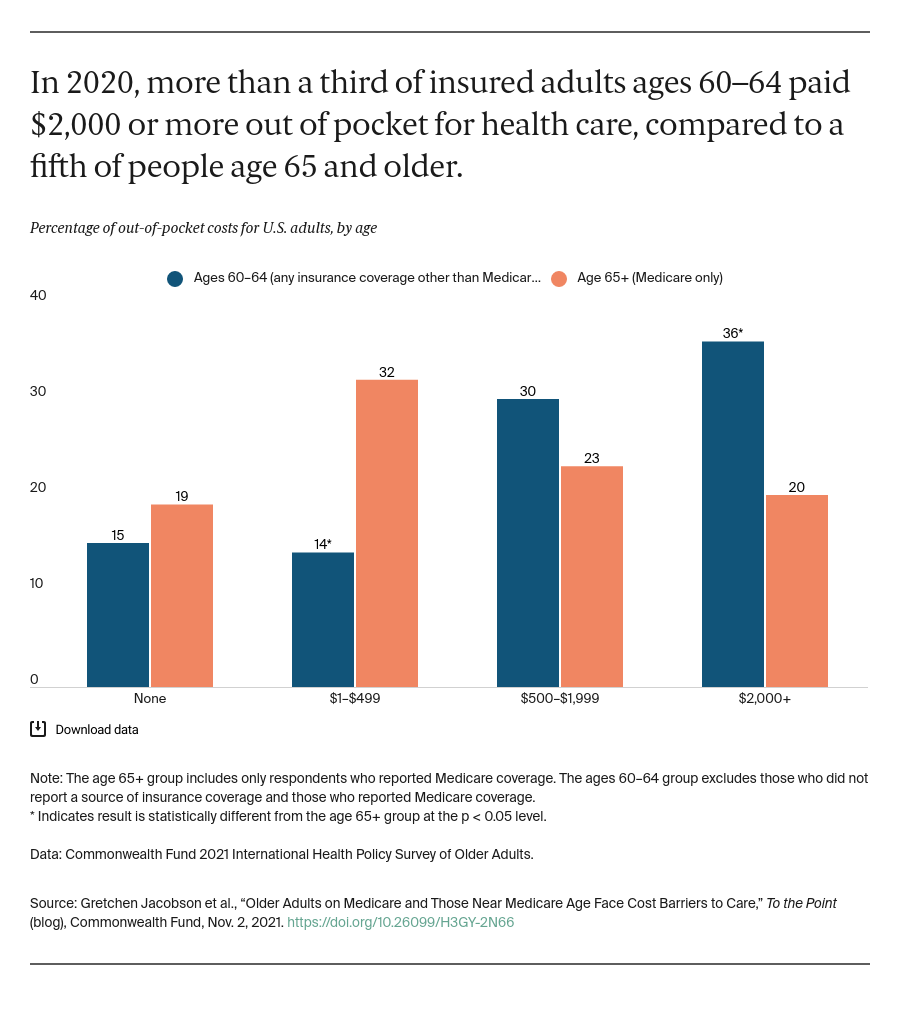
High out-of-pocket spending can lead people to postpone or forgo needed care. If people do not receive timely care, health conditions can worsen and diagnoses can be delayed, which can lead to poorer health outcomes and higher overall health care spending. A sizeable share of Medicare beneficiaries, as well as adults nearing Medicare eligibility age, skipped needed medical services, treatments, prescriptions, or dental visits because of cost. Across services, a slightly larger share of adults 60 to 64 skipped needed care because of cost than did Medicare beneficiaries 65 and older, but these differences were not statistically significant.
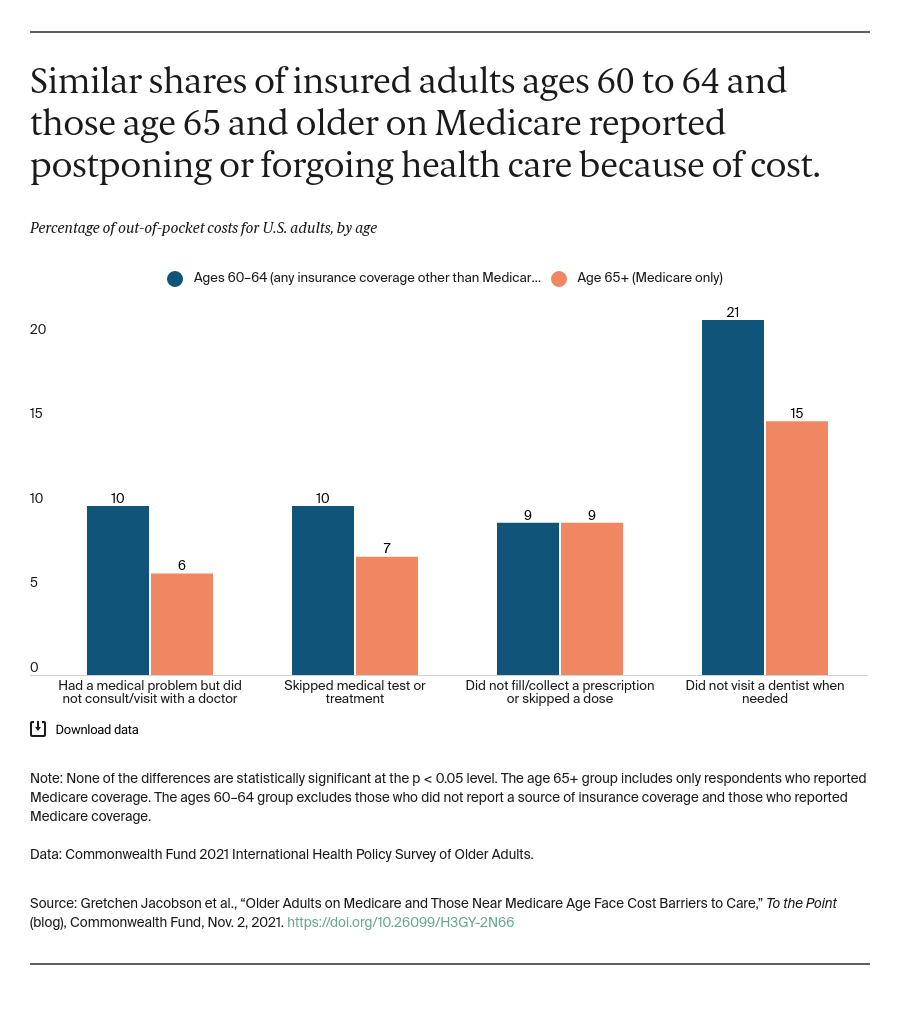
Notably, large shares of both groups skipped a dentist visit during the past year because of cost. More than one of five insured adults 60 to 64 and about one of seven Medicare beneficiaries skipped dental care because of cost, even though about half of Medicare beneficiaries and two-thirds of adults ages 50 to 64 have some form of dental coverage. Recent policy discussions have focused on adding dental coverage to Medicare, but adults nearing Medicare age are also affected by a lack of dental coverage in the ACA marketplaces and in other coverage sources.
Medicare beneficiaries are more protected than their slightly younger counterparts from high out-of-pocket medical costs, but they still face challenges. Improving the affordability of care could be accomplished through many avenues, including expanding coverage to the uninsured, increasing coverage subsidies, and improving benefits to close coverage gaps.
